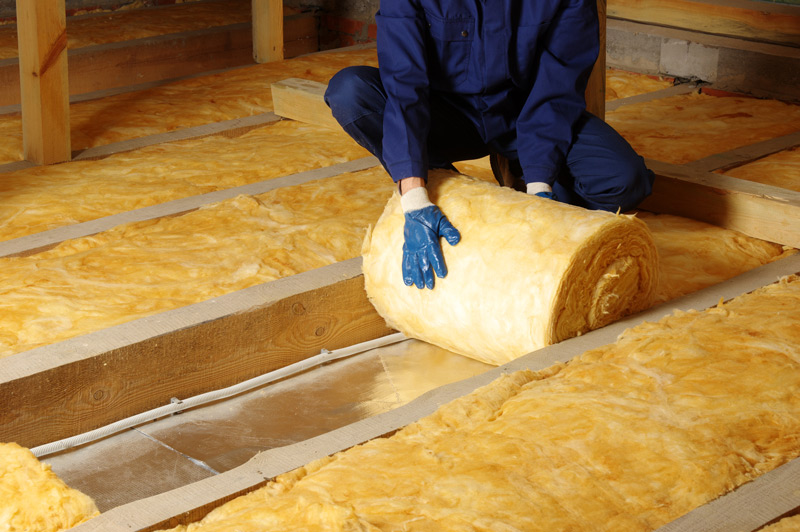Proper insulation helps regulate indoor temperatures, reducing the workload on your heating, ventilation, and air conditioning (HVAC) system.
Insulation is essential for keeping your home comfortable and energy efficient. It can help regulate indoor temperature and reduce the strain on your HVAC system. In this article, we’ll explain the importance of insulation and how poor insulation can affect your HVAC system’s efficiency. We’ll also share tips for repairing insulation to ensure your HVAC system is running at its best.
The Importance of Insulation in a Home
Insulation acts as a barrier between the inside of your home and the outdoor environment. It can reduce heat transfer between your home’s interior and exterior, which helps maintain consistent indoor temperatures during both hot and cold weather. This allows your HVAC system to work more efficiently and can lower your energy usage. By improving energy efficiency, you can lower your monthly utility bills and save money in the long run. Proper insulation can help provide a comfortable living environment all year long.
How a Lack of Proper Insulation Affects HVAC Efficiency
A lack of proper insulation can significantly impact the efficiency of your HVAC system. Without proper insulation, your HVAC system must work harder to cool your home. This leads to increased energy consumption and higher utility bills. An overworked HVAC system may experience more wear and tear, which will shorten its lifespan and may lead to more frequent repairs. Poor insulation can also impact indoor air quality by contributing to drafts or air leaks. This will allow outdoor pollutants, allergens, and moisture into your home.
Repairing Insulation for Peak HVAC Efficiency
To keep your HVAC system working well, you need to regularly maintain your insulation. Here are some steps you can take:
- Inspect your home’s insulation. Check the insulation in your attic, walls, and crawl spaces for signs of damage. Signs of damage include moisture, mold, or gaps. You may need to consult a professional to check hard-to-reach areas.
- Seal air leaks. Identify and seal any air leaks around windows, doors, and other openings. This can help prevent drafts in your home.
- Upgrade insulation materials. Has your current insulation worn down or been damaged? Consider upgrading to more energy-efficient materials. Examples include spray foam insulation, cellulose, or fiberglass. Consult a professional insulation contractor to determine the best option for your home.
- Regular HVAC maintenance. Ensure that your HVAC system receives regular maintenance. Be sure to clean the ducts and replace filters regularly. These steps can help keep your system running smooth.
Contact Us
Proper insulation is important to maintain a comfortable home. It can impact the performance and efficiency of your HVAC system. By assessing and repairing your home’s insulation, you can reduce energy consumption, which will lower your energy bills and extend the lifespan of your HVAC system. Contact our HVAC professionals for any questions you may have about your home’s insulation or HVAC system. We’re always here to help.

